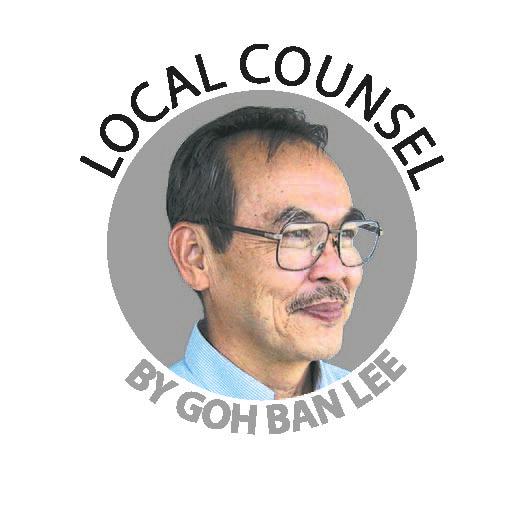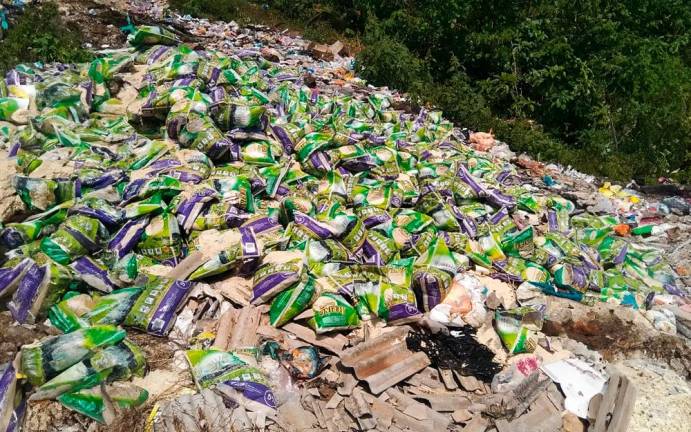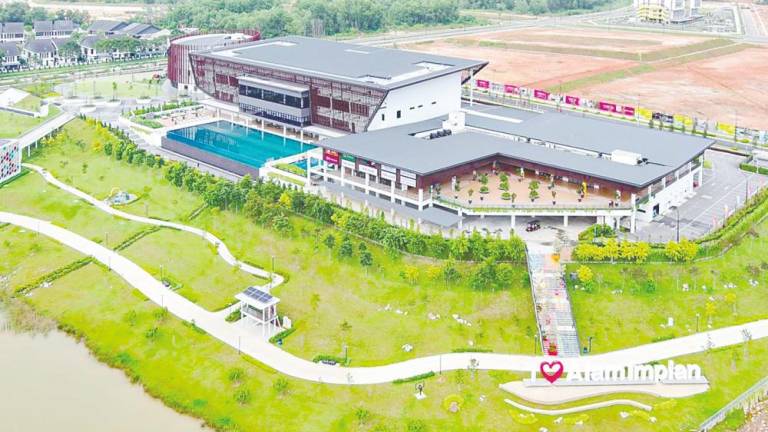MY column a fortnight ago was on the many cases of non-compliance with municipal rules and regulations, in particular the lack of compliance with safety aspects and standard operating procedures in the construction industry, many leading to loss of lives.
Two fatal incidents that were reported in the press last week have compelled me to stress again the importance of compliance with rules. This is important not only to ensure safety and saving precious lives, but also to ensure the development of clean, liveable, pleasant and efficient cities.
In Cambodia, the collapse of a seven-storey building under construction in the resort town of Sihanounville on June 22 that killed 28 people was the deadliest industrial accident there. The cause was believed to be shoddy, substandard construction and lax regulations, with most of the workers working informally and untrained to handle risky jobs. Seven people have been charged with involuntary manslaughter or as accomplices to the causing of bodily harm and destruction of property.
In Penang, four foreign workers were buried alive in a freak incident at a Tanjung Bungah resort along Jalan Batu Ferringhi on June 25. The cause was the collapse of the retaining wall during drainage work.
Penang Island Council mayor Datuk Yew Tung Seang later clarified that it was a construction mishap and not a landslide that led to the collapse of the retaining wall. The wall was built without the knowledge of the local authorities. The workers also did not have permits. Had the wall been built with proper professional coordination, it would have been safer and more secure.
There is a team monitoring illegal construction work, but according to Yew, this particular site was not visible to public view. Now, after the tragic incident, he advised landowners to apply for permits before starting any construction work.
Now that the cliff beside Jalan Batu Ferringhi is exposed, Sahabat Alam Malaysia chairman Meenakshi Raman urged the authorities to make sure that the road to Batu Ferringhi is safe to use.
Chief Minister Chow Kon Yeow has ordered the Public Works Department to conduct a detailed study of Jalan Batu Ferringhi to check on the conditions of the road and slopes along the 15km stretch, and that repairs be carried out if necessary.
There have been tragic landslides over the years. The more recent ones were the Granito affordable housing project landslide that buried 11 people alive two years ago and the Bukit Kukus paired roads project site landslide that killed nine workers and injured four others last October.
These incidents should tell us that our safeguards and monitoring are not effective enough. Incidents like these could have been avoided had there been stricter supervision, enforcement and compliance and punitive actions taken on issues related to non-compliance.
I have written several times that there should be more stringent guidelines, planning and controls for hillside development, especially in areas such as Tanjung Bungah, Batu Ferringhi, Air Itam, Paya Terubung and Sungai Ara.
Other notable and visible cases of non-compliance are those related to traffic rules.
Any casual observer will notice that there is a tremendous increase in vehicles, especially cars and motorcycles on roads and highways. This is while urban planners in many other countries are looking at ways to reduce dependence on car usage. Not surprisingly, the number of road accidents has also increased over the years.
Just for the two weeks during the Hari Raya season, the police recorded about 230 deaths out of about 23,000 accident cases.
Based on finding by the Malaysian Institute of Road Safety Research (MIROS), motorcyclists and youths are the highest at-risk groups that contribute to the highest death rate in road accidents in the country, mostly because of speeding and beating the red light.
According MIROS, if the speed limit of motorcycles does not exceed 70kph, fatal accidents can be reduced by 80%.
Strict enforcement of laws, a culture of compliance with laws and civic duty are better ways to ensure road safety than just having road safety campaigns.
Malaysia aspires to be a developed nation. The KL International Airport, Petronas Twin Towers and Putrajaya are touted as evidence of a developed country. But a developed country must also have clean, pleasant, liveable and efficient towns and cities. To achieve this, citizens must comply with laws and the government must have the proper mechanisms and the will to enforce them on those who transgress the rules.
Datuk Dr Goh Ban Lee is interested in urban governance, housing and urban planning. Comments: letters@thesundaily.com















